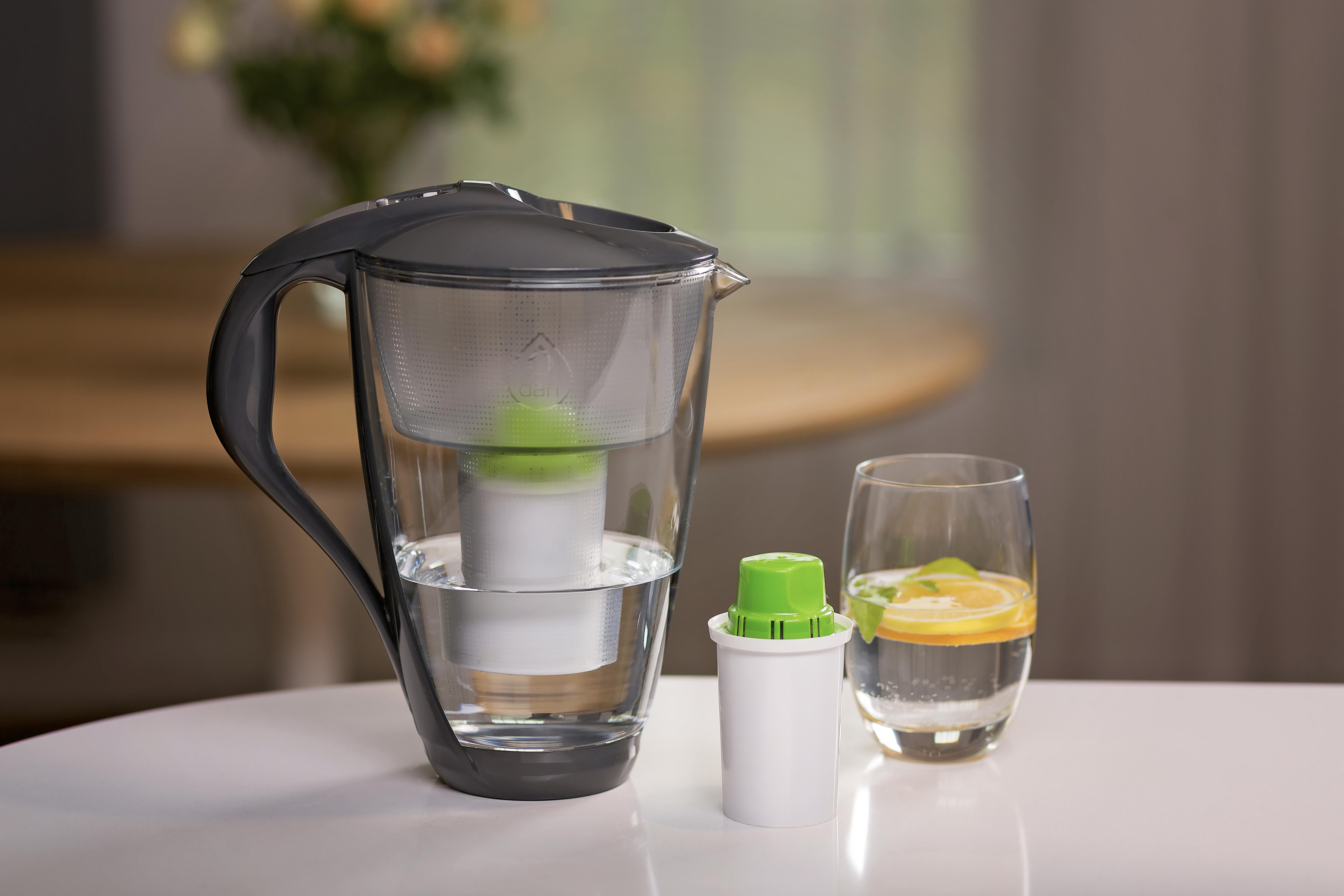TOP WAYS TO RECOVER POST WORKOUT
Constantly feeling tired and sore after a workout? Try out these six tips to help your body heal faster, reduce soreness and lower your risk of injury. A healthy body comes from a lifestyle that’s fit, hydrated, active and pain-free for the long-term.
FOAM ROLLING
When you workout, you stress the muscles, creating little tears in their fibers. Foam rolling helps to warm the muscles up before a workout and cool them down after, loosening the fascia that surrounds the muscles.
In short, fascia is connective tissue (mainly collagen) beneath the skin that attaches, stabilizes and encloses the separate muscles and organs within the body. Foam rolling relaxes the overworked (or tight) muscles and stimulates blood flow to the area, in turn, aiding in the recovery after a workout.
There are a variety of foam rollers out there, with varying densities and forms. If you’re just starting out with foam rolling, opt for a less dense, simple rounded roller to begin, easing into the muscles. Use a foam roller for muscle recovery and physical health before and after a workout.
YOGA
Yoga is an active recovery, as you’re still “working” the muscles, as opposed to sleep, for example. Like foam rolling, yoga not only helps in recovery of the muscles. Stretching can reduce your risk of injury from working your muscles, and from general mobility and movement. In yoga, the combination of breathing, movement that lengthens the muscles, and stretching that reinvigorates blood flow, align muscle fibers can offer restore for both the stresses in your body and mind.
That being said, it’s important to choose a class that focuses on stretching, lengthening and restoring the body, and not necessarily another vinyasa or power yoga class.
HYDRATION
When you exercise, your body sweats as a natural temperature regulator for your system. It’s your body’s way of keeping you cool, so you don’t overheat. When you sweat, you lose fluids, as the body works hard to cool you down internally through way of the largest organ we have: the skin.
The human body truly is amazing and a self-regulating machine! On that note, it’s crucial to properly replace those fluids in the body to prevent dehydration.
Drinking the right water can make a big impact on your recovery as well. Alkaline water has been known to increase your hydration rate faster, and in turn your recovery. Furthermore, a workout technically stresses the body, and the muscles reach an acidic state (lactic acid). An increase in pH and pH water helps to neutralize the effects of high body acidity.
Instead of waiting until after a workout, or when you’re thirsty, hydrate before and during your workout. Having a water bottle with you, refilling from an Alkaline Water Pitcher that uses eco-friendly filter cartridges like the recyclable one’s from Dafi. Having a water bottle makes it easier to remember to drink up between kettlebell sets and keeps your waste to zero by passing on single-use plastic bottles.
EATING THE RIGHT FOODS
We all know protein after a workout is key for recovery. Pair your proteins with hydrating foods like fruits and vegetables for a double dose of recovery. A protein smoothie with a plant-based powder can be a great option to have for recovery after a workout, hitting both of these key food sources for muscle repair.
In addition, there is growing evidence supporting the belief that a plant-based diet can aid in greater, faster recovery athletes than an animal-based one. Give that bean burrito or tofu salad with avocado a try over the chicken and your muscles may thank you later.

EPSOM SALT BATHS
Epsom salts is an inorganic salt that is made up of magnesium, sulfur and oxygen. Used by athletes and spas to sooth sore muscles, epsom salts helps to flush out toxins, regulating more than 300 enzymes in the body.
A bath in epsom salts allows the magnesium and sulfur to easily absorb into the skin, soothing sore muscles after a workout, intense run, or competition.
Try sprinkling a scoop of epsom salts into a warm bath once a week to enjoy their healing benefits.
SLEEP
The ultimate recovery for the body in every way, getting enough sleep is important for repairing the muscles and body after a day’s workout as a functioning human. When we sleep, our muscles and body take a break and can relax.
Aim to get 7-8 hours of sleep, reducing caffeine intake after 2 PM, shutting down electronics an hour before bed, and creating a bedtime routine. This all helps to shut off your brain and tell your body, “It’s time to rest and restore for another day ahead.”
———
These six steps of self care can greatly impact the speed and efficiency your body can recover post workout.
Recent Posts
-
Dec 18th 2020 | Posted by Author: Shifa
EASIEST WAY TO GO ECO FRIENDLY IN 2021
-
Dec 18th 2020 | Posted by Author: Kelsie
Last Minute Christmas Gift Ideas Guaranteed to Arrive Before Christmas
-
Dec 14th 2020 | Posted by Author: Kelsie
A Healthy & Eco-Friendly Christmas Gift Idea





